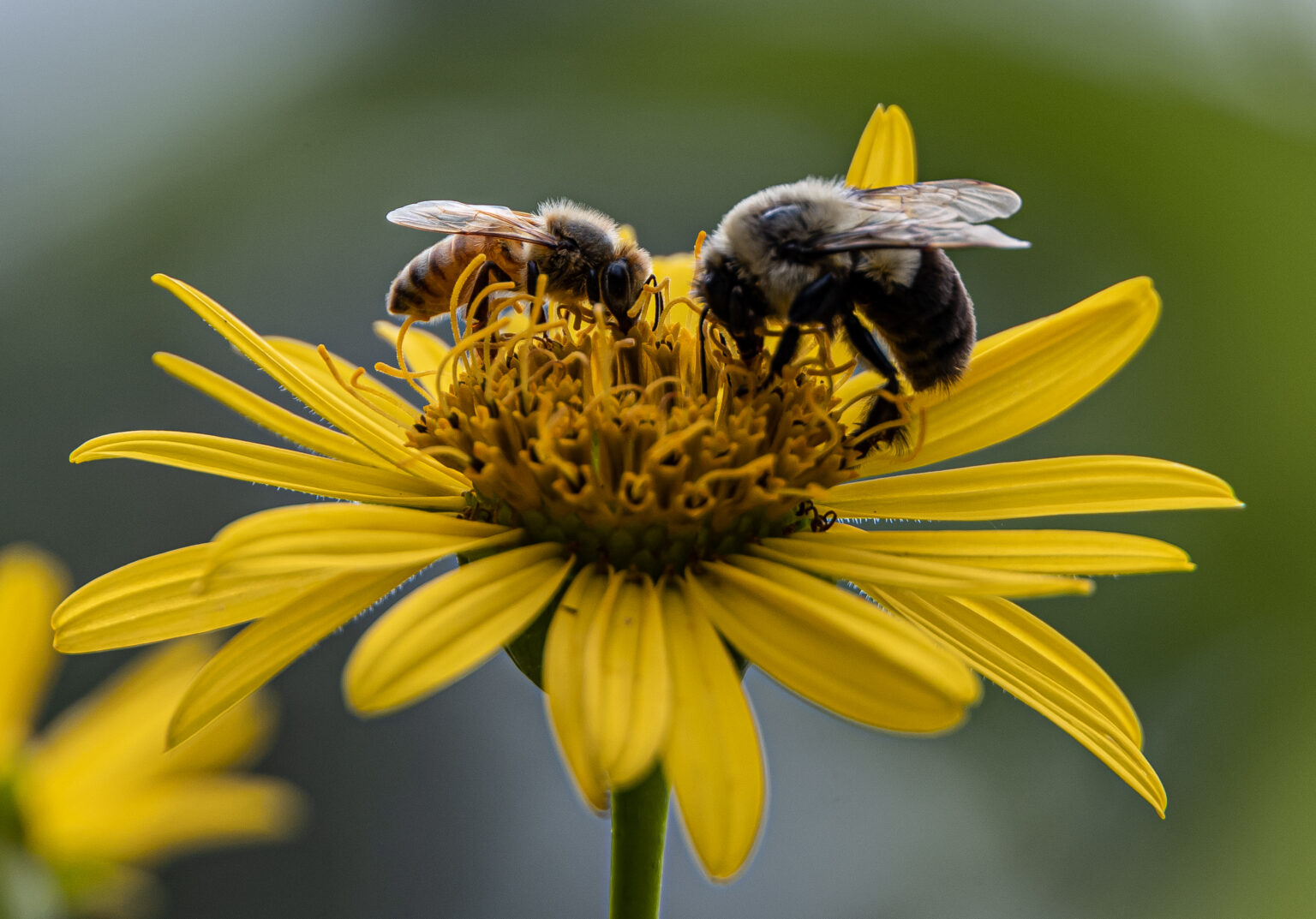The Unsung Heroes of Our Planet
Bees, often perceived as a
mere buzz in the background of our daily lives, are in fact the unsung heroes
that play a pivotal role in sustaining the planet’s ecosystems. Their tireless
work in the pollination of plants is not just a marvel of nature but a
fundamental cornerstone of human survival, making them indispensable guardians
of biodiversity.
For More Articles, Visit KEM Health Hub.
A Global Recognition
Annually, on May 20th,
World Bee Day is celebrated to acknowledge the importance of bees and other
pollinators. This day serves as a global reminder of the need to protect these
creatures, which are vital for food security, biodiversity, and the environment.
The Vital Role of Bees in Agriculture
According to the
Food and Agriculture Organization (FAO) of the United Nations, bees are
instrumental in pollinating about 35% of the world’s agricultural land,
translating to a significant portion of human food production and highlighting
the crucial role bees play in our food systems.
Understanding Pollination
Pollination is a natural
process essential for the reproduction of many plants. Bees are among the most
efficient pollinators, transferring pollen as they move from flower to flower
in search of nectar. This process leads to the fertilization of plants, resulting
in the production of fruits, nuts, and seeds.
The Consequences of a World Without Bees
If bees were to disappear,
the impact on food production would be catastrophic. Many crops, including
almonds, walnuts, coffee, and cocoa, rely heavily on bee pollination. A decline
in bee populations would lead to reduced yields and could cause a ripple effect
of nutritional deficiencies worldwide.
The Underestimated Value of Bees
Beyond their role in
pollination, bees have other lesser-known benefits. Wildlife photographer A.
Shan Mokanandam points out that while bees are renowned for their honey, their
medicinal properties and their role as pollinators are often overlooked. Bees
are crucial for the health of plants and, by extension, the entire food chain.
The Ingenious Nature of Bees
Bees exhibit remarkable
intelligence and adaptability in their foraging habits. They communicate with
each other through complex “dances,” which convey the location of food sources.
Nobel laureate Carl von Frisch’s research has shed light on the sophisticated
ways bees interact with their environment.
Climate Change: A Threat to Bees
Climate change poses one of
the biggest threats to bee populations. Dr. Priyadarshanan Dharmarajan, a
senior expert at the Ashoka Foundation, explains that rising temperatures
affect bees’ metabolic rates, forcing them to expend more energy in their quest
for food. This can lead to a decrease in bee populations and a disruption of
their natural habitats.
The Harmful Effects of Pesticides
The use of certain
pesticides and herbicides has been identified as a major factor in the decline
of bee populations. These chemicals can be lethal to bees and also contribute
to the destruction of their natural habitats, further endangering their existence.
The Importance of Bee Conservation
The conservation of bees is
not just an environmental concern; it is essential for the survival of
humanity. Protecting bees and their habitats is crucial for maintaining the
balance of our ecosystems and ensuring the continuity of our food supply.
Conclusion: The Future Depends on Bees
The fate of bees is
intrinsically linked to the future of humankind. As we face the challenges of
climate change and environmental degradation, it is imperative that we take
action to protect these vital pollinators. By doing so, we safeguard not only
the bees but also the future of our own species.




0 Comments